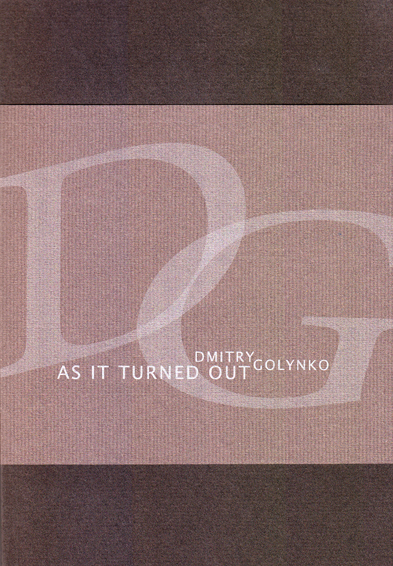Et 2
spot steals up to an elementary thing
to pee on it, sniff it out, bark at it
but the elementary thing doesn’t protest
lies where it’s warm, doesn’t stir
the elementary thing has the brains and tact
a well-tended house of brains
flowers in pots, lots of assorted crapola
an elementary thing conceived about death
about its mythology and physical fitness there’s
nothing comforting, sad or funny
standing on all fours, in cubature
onerous augmentation of knowledge about
elementary things are always on duty
towards themselves, and the droplet
of blood showing on an elementary thing
isn’t its problem? they don’t get periodicals
